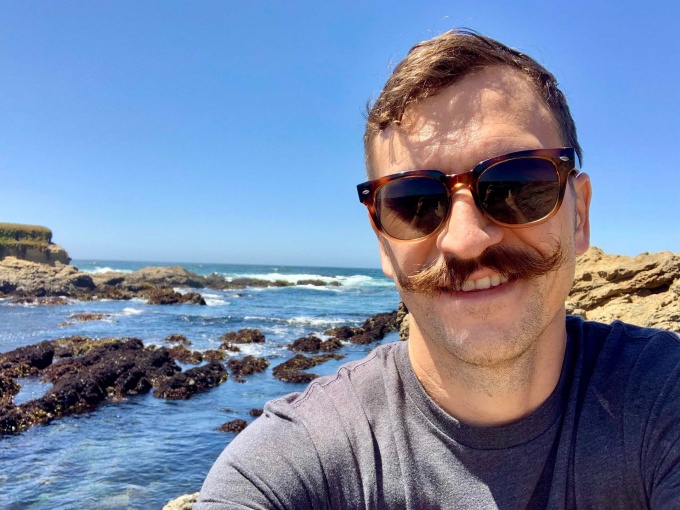Robert Kelly

Robert Kelly, PhD
Robert Kelly received both his M.A. (2016) and Ph.D. (2021) in Philosophy from the University at Buffalo. His research has included work in experimental philosophy, cognitive science of religion, bioethics, philosophy of medicine, metaphysics, and applied ontology. Robert's dissertation ("Understanding Addiction") defended a dispositionalist account of the nature of addiction, argued that addiction research should incorporate the use of realist ontologies so as to remedy what he calls the 'disunification problem' abundant in the literature, and offered a start towards developing such an ontology of addiction. In addition to his association with the Romanell Center, Robert has worked as an ontology researcher with the National Center for Ontological Research (NCOR) Lab under Barry Smith. Included in his NCOR work were a DoD-funded ontology project through MIT’s Lincoln Laboratory, as well as collaborations with Janna Hastings and Robert West on their development of the Behavior Change Intervention Ontology and its addiction-focused sub-ontology AddictO. As of Fall 2022, Robert is a Philosophy Instructor-Tenure Track (Assistant Professor equivalent) at Bakersfield College, one of his alma maters in his hometown of Bakersfield, California.
More about Bakersfield College
Bakersfield College (BC) is one of the oldest community colleges in the U.S. (est. 1913), among the ten most populous in California, and a recognized and highly awarded Hispanic Serving Institution. Dr. Kelly will teach a variety of introductory-level courses, such as Intro to Philosophy, the Ethics of Living and Dying, and Critical Thinking and Advanced Composition, at two of BC's satellite locations. The new BC Southwest Center was completed during the 2021-2022 academic year, and the BC Arvin satellite program is underway with construction of new facilities at the Arvin site just beginning. These satellite programs/campuses serve urban and rural students, in both traditional and early college courses, working toward certificates and degrees at BC.
Working Group
Autonomy, Addiction, and Accountability
Related links
Podcast
Selected Publication
- Robert Kelly (2022). Towards a dispositionalist (and unifying) account of addiction. Theoretical Medicine and Bioethics. (Access on PhilPapers)
- Robert Kelly, Janna Hastings, and Robert West (2022). How an addiction ontology can unify competing conceptualizations of addiction. In N. Heather, M. Field, A. Moss, and S. Satel (Eds.), Evaluating the brain disease model of addiction (pp. 483-495). Routledge. (Info from Publisher)
- Stephen Kershnar and Robert Kelly (2020). The right-based criticism of the doctrine of double effect. International Journal of Applied Philosophy, 34(2), 215-233. (Access on PhilPapers)
- Kelly, Robert. "Libet and Freedom in a Mind-Haunted World," American Journal of Bioethics-Neuroscience. (with David G. Limbaugh)